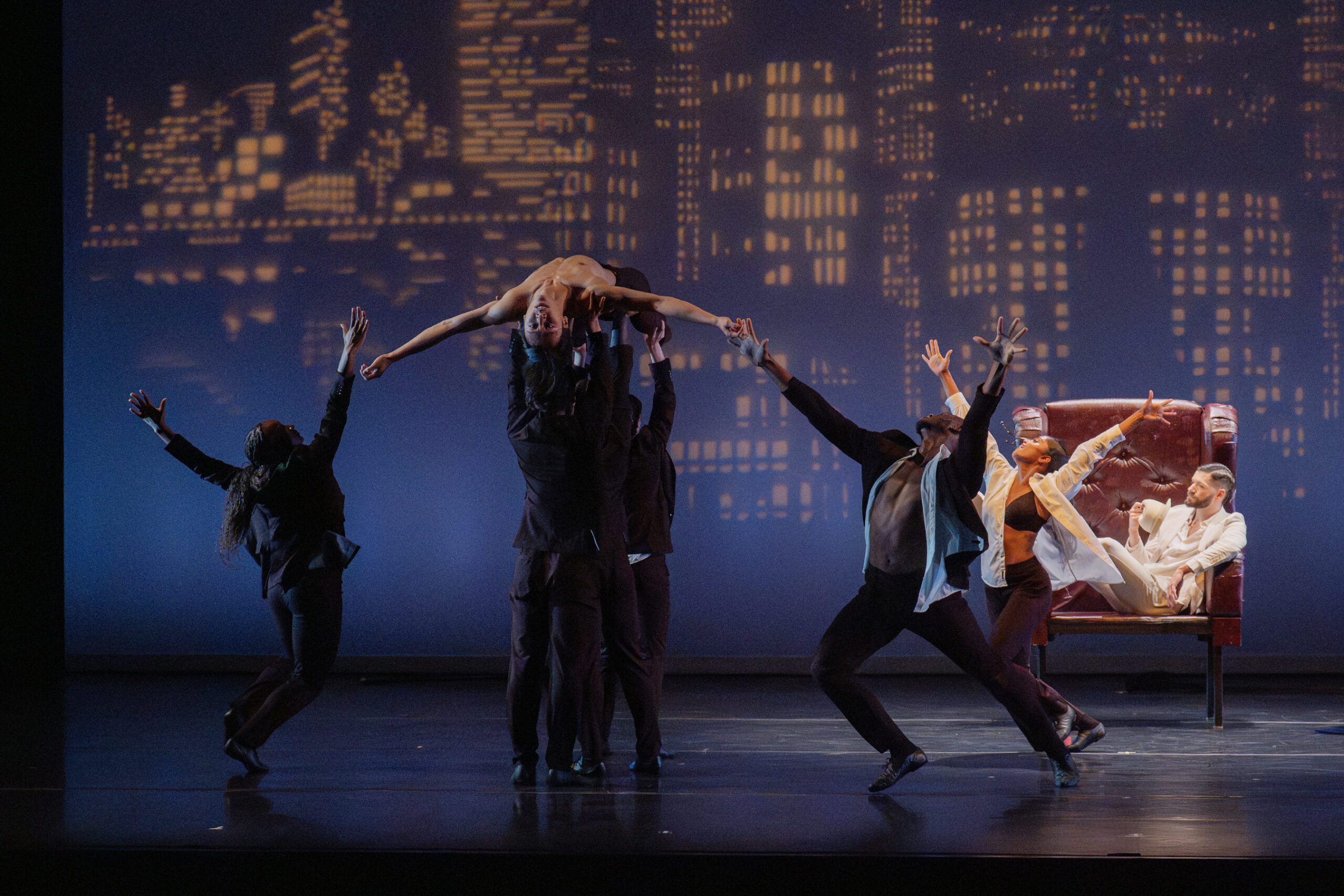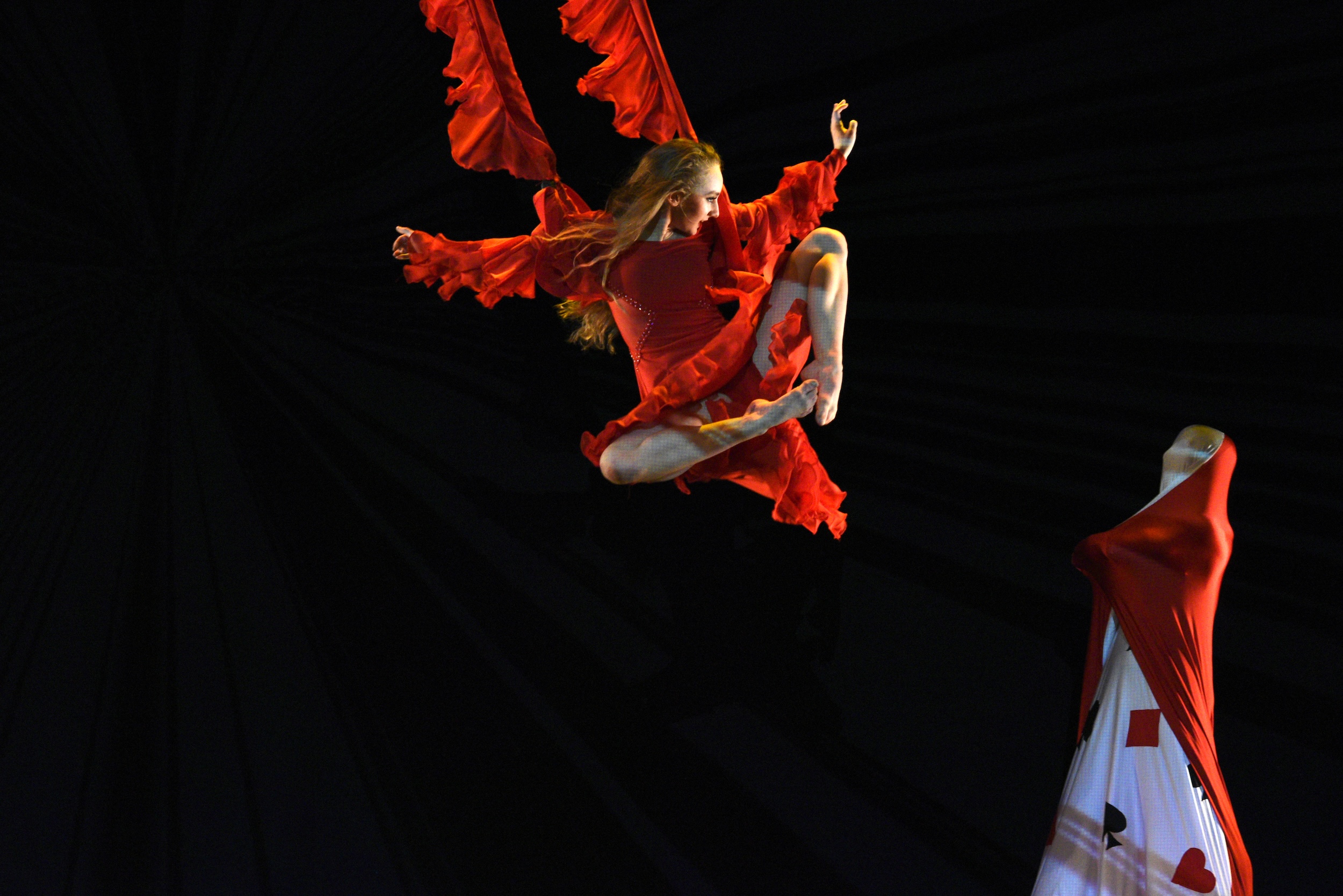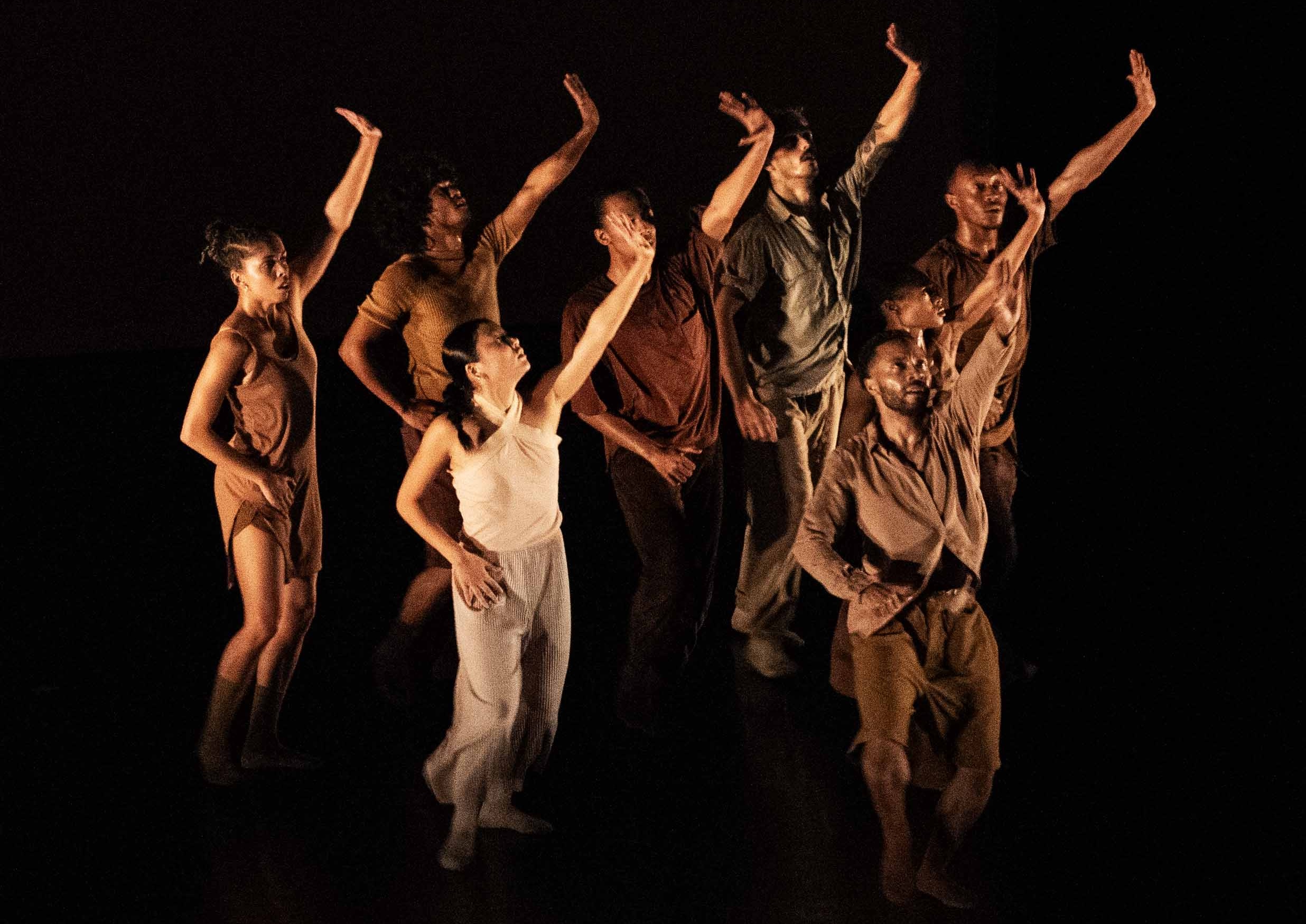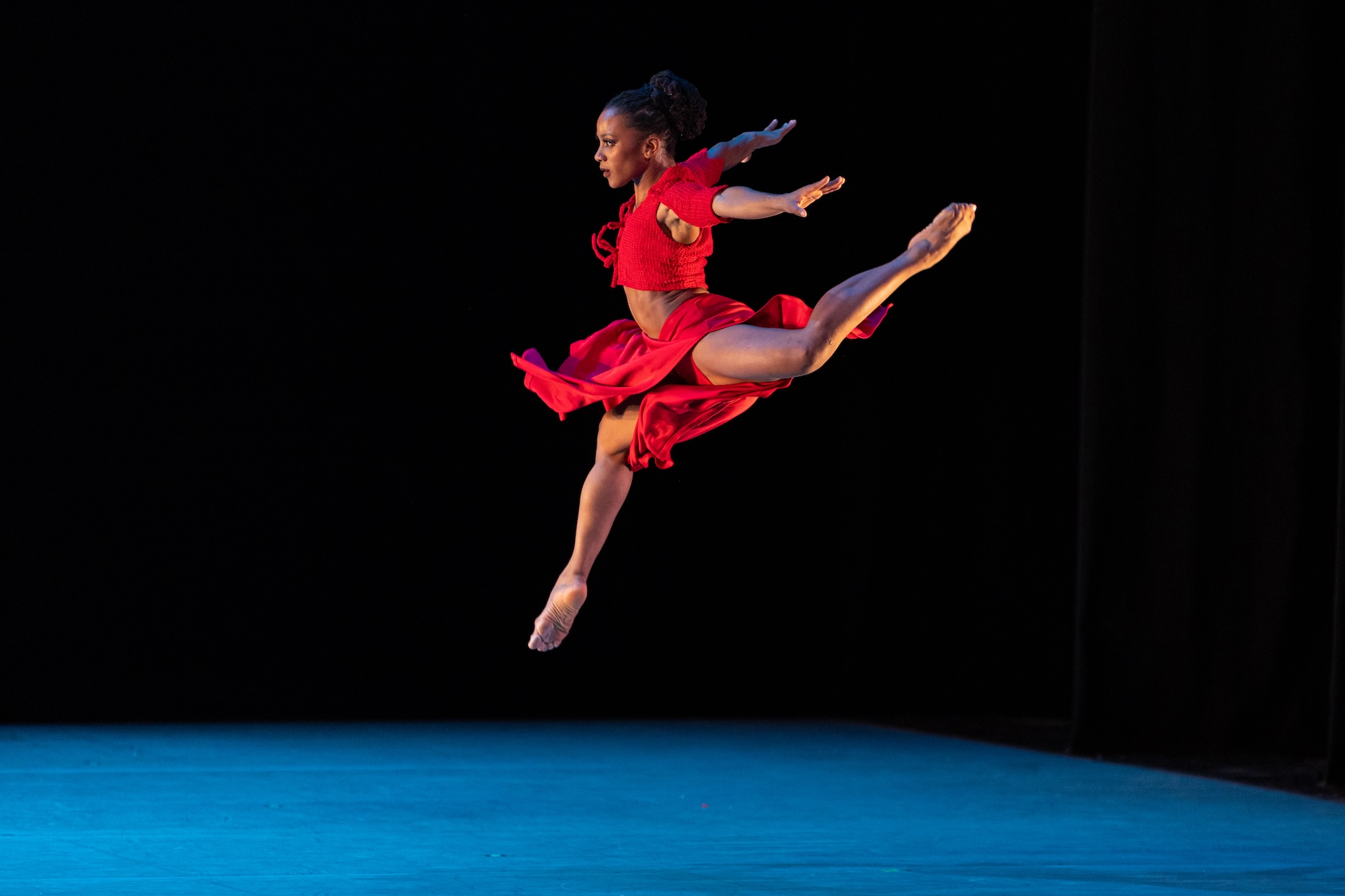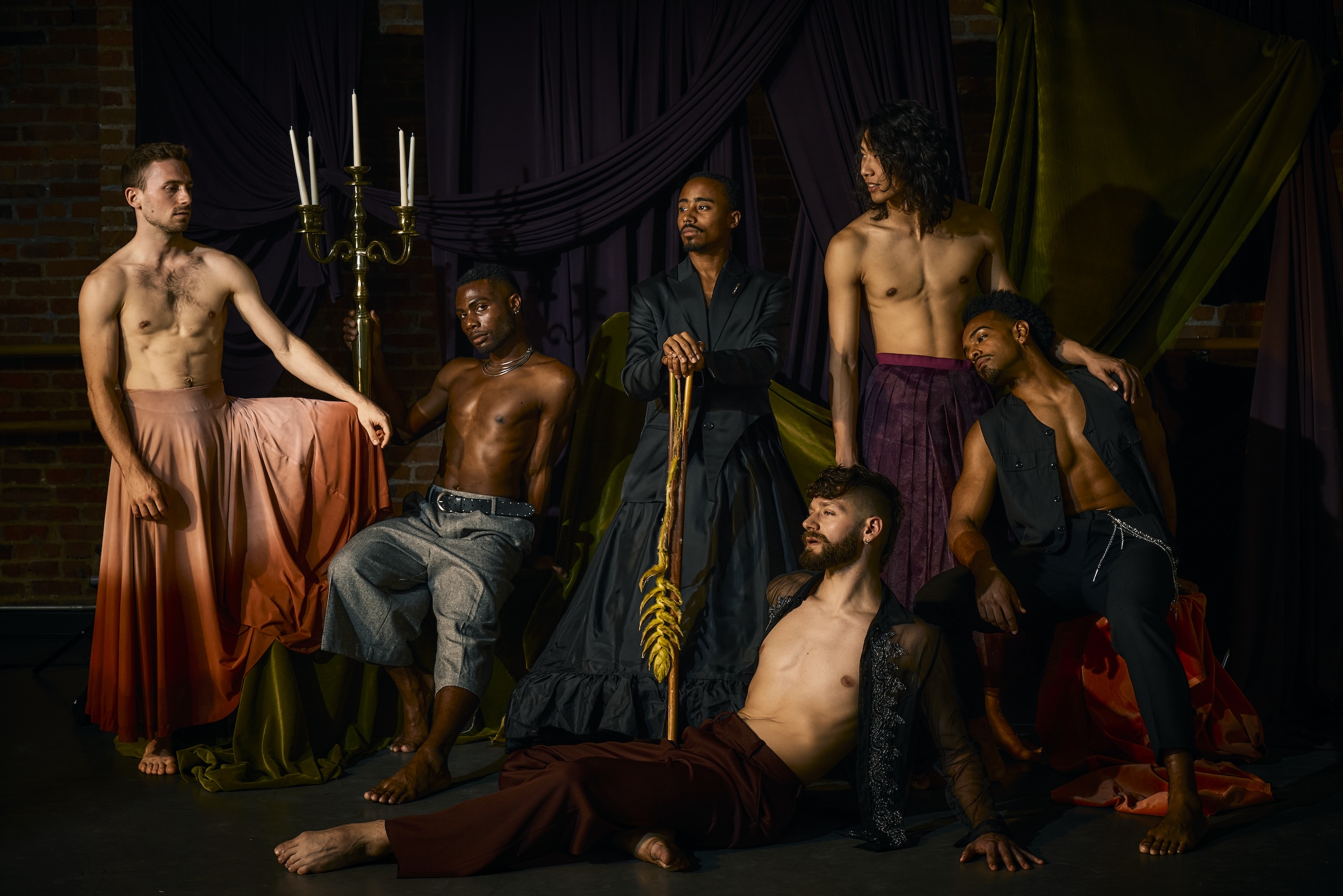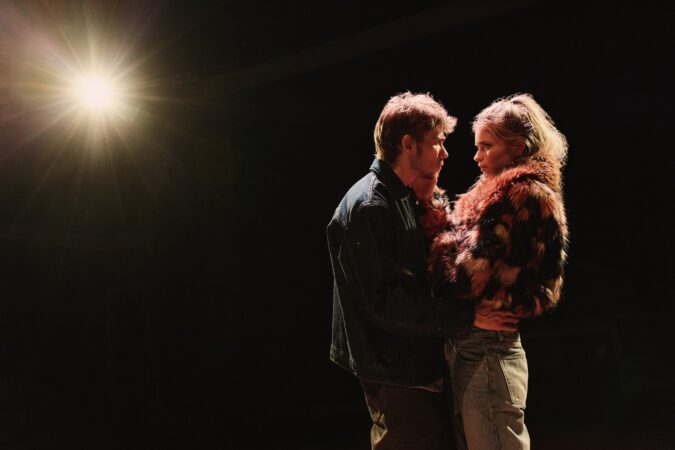By Matthew Wexler
In an era where Americans continue to debate who should or shouldn’t be allowed to cross our borders, the legacy of dance pioneer José Limón confirms that a wall can’t suppress creative expression.
Limón’s family emigrated to the U.S. in the aftermath of the Mexican Revolution, where the young creative faced a dual identity as a first-generation American while excelling in the arts. After serving in World War II, he founded Limón Dance Company with mentor Doris Humphrey, which celebrates its 80th anniversary with a program at New York City’s Joyce Theater.
Now under the artistic direction of Dante Puleio, the company presents three works, spanning from its founder’s early career to a world premiere, described in the program notes as “a powerful response to Limón’s oeuvre.”
‘Chaconne’
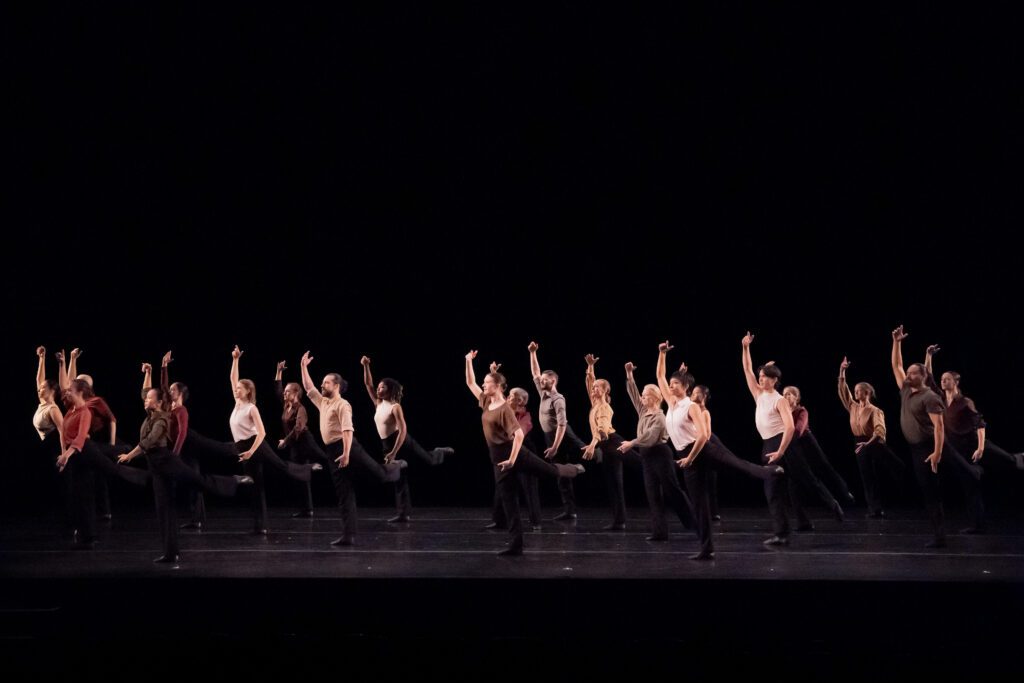
Originally performed as a solo piece when it premiered in 1942, Logan Frances Kruger has restaged the piece to showcase the expanse of Limón’s impact, featuring current and past company members and students. The dance is thought to have originated in Mexico during the Spanish occupation. Set to Bach’s “Chaconne” from Partita #2 in D Minor, this interpretation amplifies the original work’s austere bravado with playful formations among the expanded company, lit with an enveloping warmth by Al Crawford.

It wants better content.
‘The Emperor Jones’
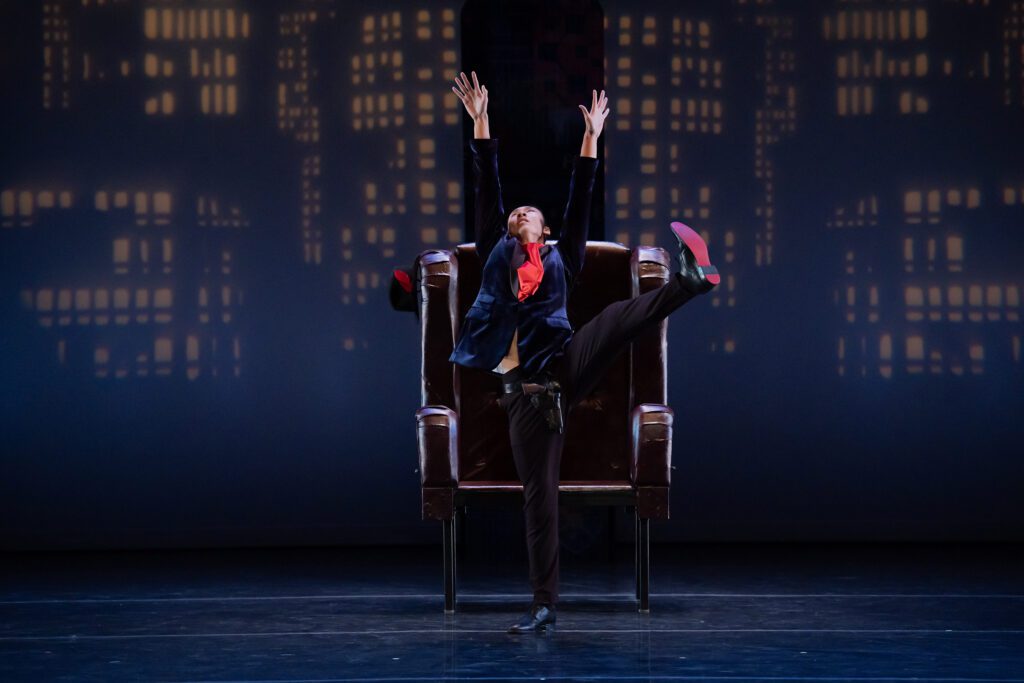
Inspired by Eugene O’Neill’s play of the same name, Pulelo catapults Limón’s “The Emperor Jones” (1956) from its original West Indies setting to a contemporary urban jungle, where Johnson Guo in the title role dances nearly the entire piece with a phallic gun holster hanging between his legs, and red soles nod to the extreme wealth necessary to afford Christian Louboutin shoes. The staging dials back the original’s problematic racial stereotypes, instead leaning into homoeroticism and power play between Jones and The Man in White (Joey Columbus).
‘Jamelgos’
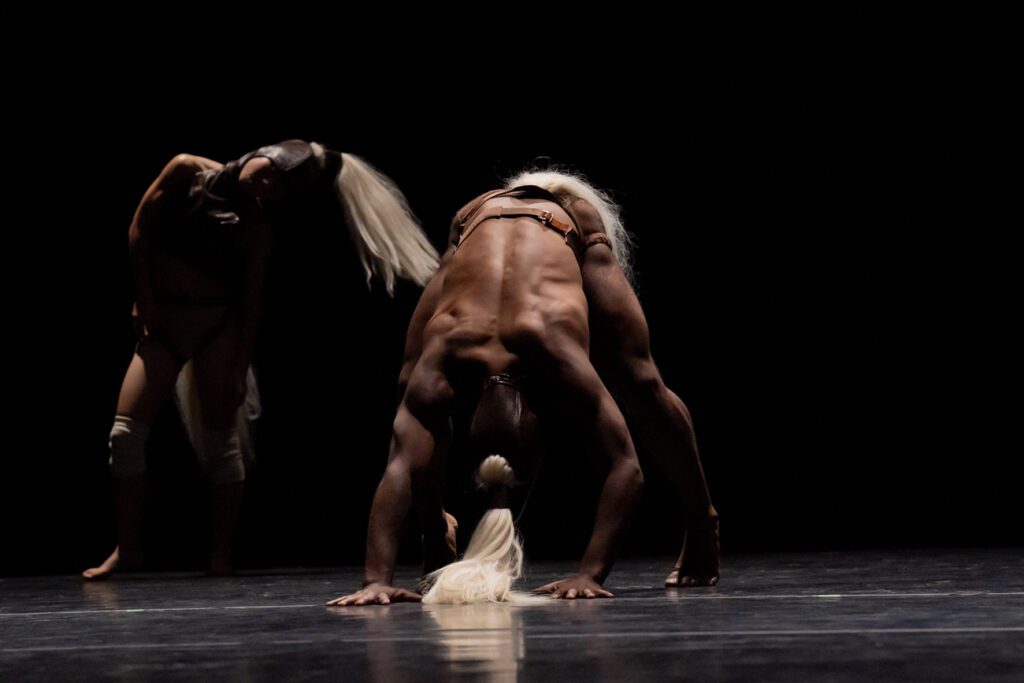
Bringing the company into the 21st century (Limón died in 1972), Diego Vega Solorza choreographs the world premiere of “Jamelgos.” Striking imagery of Christ on the cross transforms into an undulating centaur-like figure that disappears into the shadows, only to reemerge as a herd of six sporting costume designer Julio César Delgado’s evocative harnesses, manes, and tails. Solorzo, who’s from the same Mexican town as Limón, excavates a vocabulary of movement—masculine, vulnerable, and inherently queer—rooted in the company’s founder.
Limón Dance Company performs at The Joyce Theater through October 19.

